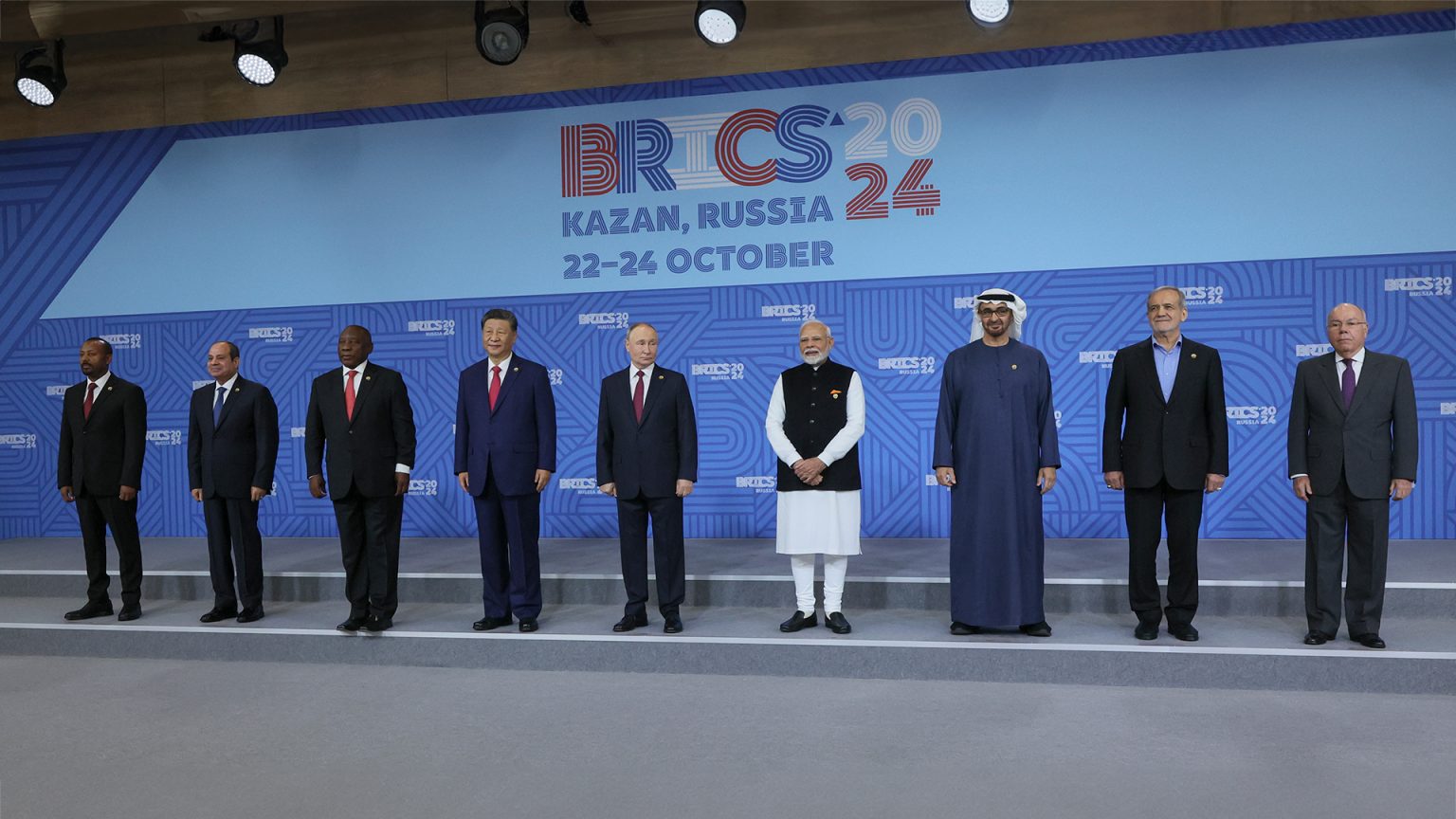BRICS, the group of emerging economies consisting of Brazil, Russia, India, China, and South Africa, recently held its first summit since its expansion in 2023. The summit focused on proposals to reduce reliance on the US dollar and the SWIFT system, highlighting the group’s desire to decrease global dependence on American financial systems. With its recent expansion, BRICS now represents about half of the world’s population and over a quarter of global GDP, showcasing its growing economic and political influence on the world stage.
Despite its increased size and influence, critics argue that BRICS is struggling to define its purpose due to deep differences between its member states. The alliance faces challenges in aligning its members’ interests and agendas, complicating its ability to act as a cohesive and effective international organization. Nevertheless, BRICS remains dedicated to reducing the global reliance on the US dollar, signaling its ambitions to challenge the dominance of American financial institutions in the global economy.
One key proposal discussed during the BRICS summit in Russia was the creation of an alternative to the SWIFT international payment system. SWIFT is currently dominated by Western countries, particularly the United States, which has raised concerns about the potential for political interference or manipulation of financial transactions. By developing a rival system, BRICS aims to enhance its financial autonomy and reduce vulnerability to external influences, showcasing its commitment to asserting its economic independence on the world stage.
China, one of the largest members of BRICS, is facing challenges in stabilizing its property market, which has experienced significant volatility in recent years. The Chinese government has implemented various measures to address rising property prices and speculative investment, but concerns remain about the sustainability of the country’s real estate sector. As a key player in the global economy, China’s ability to stabilize its property market will have far-reaching implications for the broader financial landscape and international market stability.
In addition to economic issues, the tech giants within BRICS countries are also making significant advancements in the nuclear energy sector. Companies like China’s Tencent and India’s Infosys are investing in nuclear technology, signaling a shift towards cleaner and more sustainable energy sources. This trend reflects a broader global movement towards renewable energy and highlights the potential for tech companies to drive innovation in the nuclear sector, potentially transforming the energy landscape in the coming years.
Overall, BRICS’s recent expansion and evolving economic and political influence underscore its growing significance in the global arena. Despite internal differences and challenges, the alliance remains committed to reducing reliance on the US dollar and strengthening its financial autonomy. With proposals to create alternative financial systems and investments in innovative energy technologies, BRICS is positioning itself as a formidable force in the international community, shaping the future of global economics and politics in the years to come.













